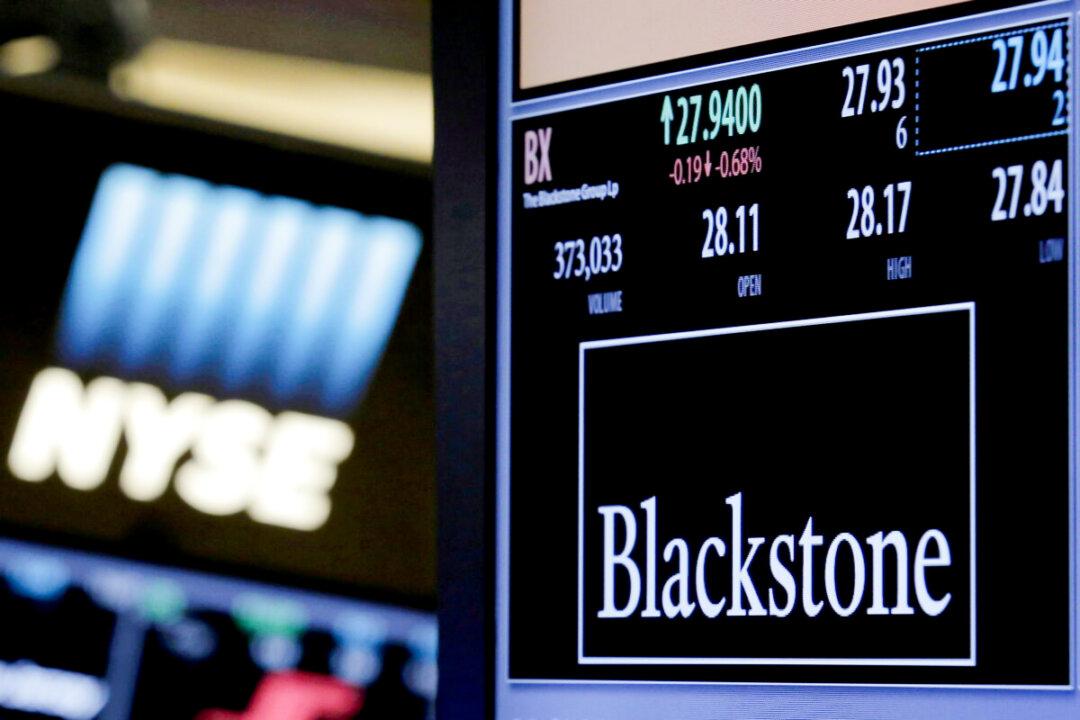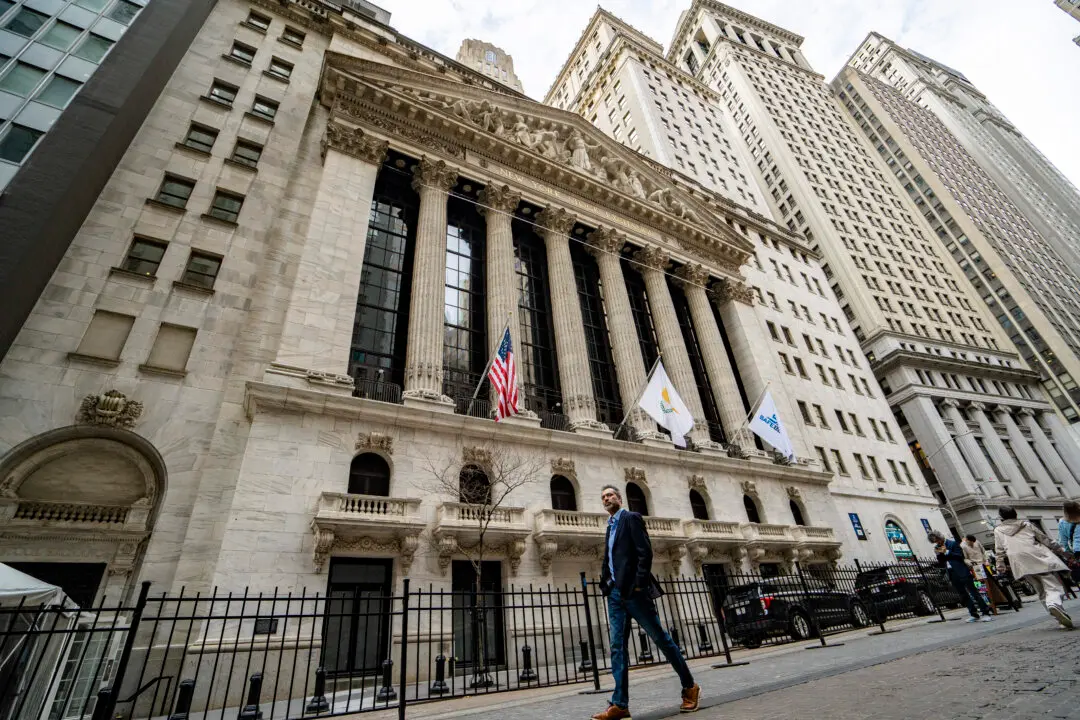Blackstone and Goldman Sachs are looking to increase their investment presence in Asia, the companies confirmed.
In a fourth-quarter conference call last week, Blackstone—the world’s largest alternative asset manager—confirmed that it has amassed $11 billion to acquire companies in Asia in its second private-equity fund for the continent.





